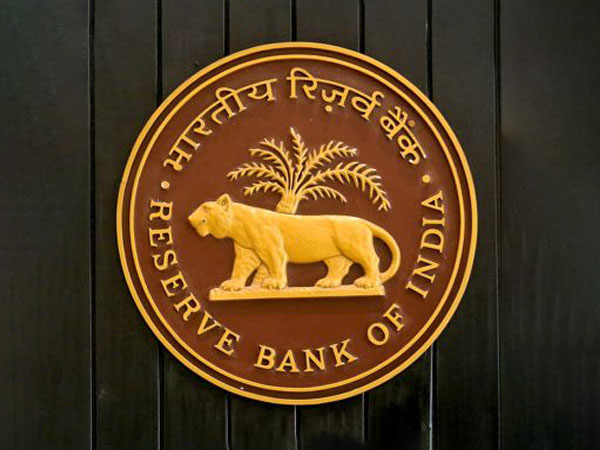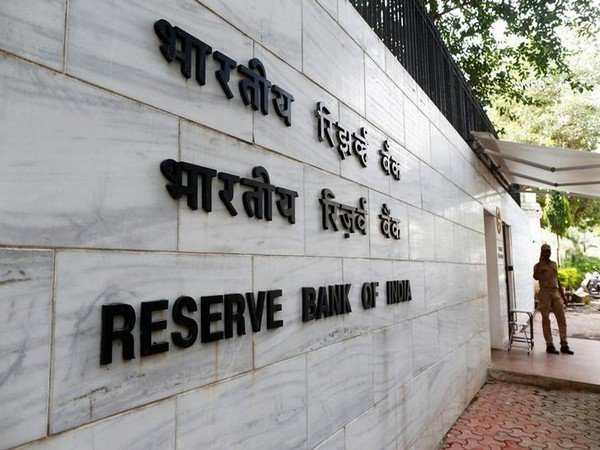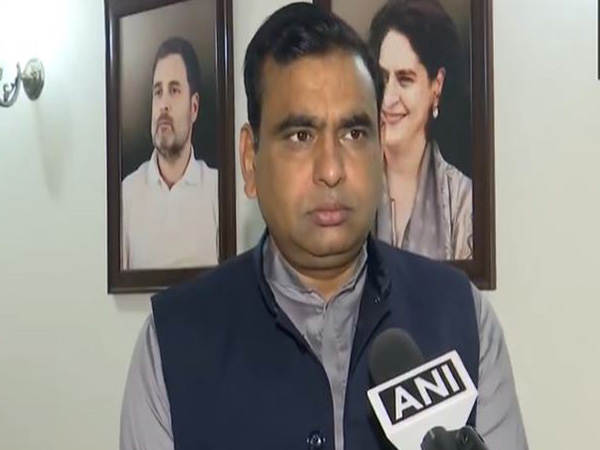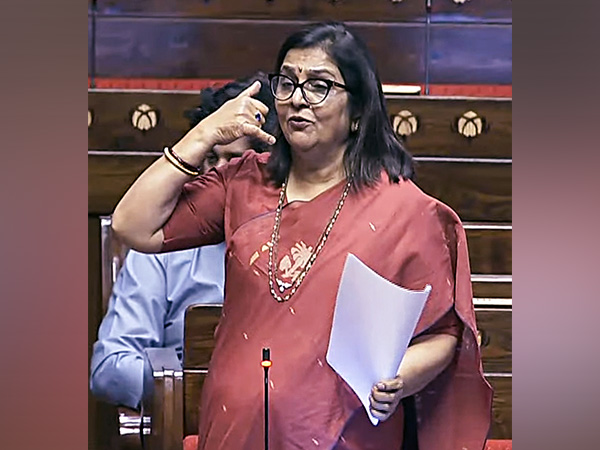US Treasury removes India from its Currency Monitoring List
Nov 11, 2022

Washington [US], November 11 : The US Department of Treasury has removed India from its currency Monitoring List along with Italy, Mexico, Vietnam and Thailand.
The Department of Treasury said in its biannual report to the Congress that China, Japan, Korea, Germany, Malaysia, Singapore, and Taiwan are part of the current Monitoring List.
The Treasury has established a Monitoring List of "major trading partners that merit close attention to their currency practices and macroeconomic policies".
The move came on a day Secretary of the Treasury Janet Yellen was in India and held talks with Finance Minister Nirmala Sitharaman.
The report said an economy meeting two of the three criteria in the 2015 Act is placed on the Monitoring List.
"Once on the Monitoring List, an economy will remain there for at least two consecutive Reports to help ensure that any improvement in performance versus the criteria is durable and is not due to temporary factors," the report said.
It said as a further measure, Treasury will add and retain on the Monitoring List any major US trading partner that accounts for a large and disproportionate share of the overall US trade deficit even if that economy has not met two of the three criteria from the 2015 Act.
"In this report, the Monitoring List comprises China, Japan, Korea, Germany, Malaysia, Singapore, and Taiwan. Italy, India, Mexico, Thailand, and Vietnam have been removed from the Monitoring List in this Report, having met only one out of three criteria for two consecutive reports," the Treasury said.
It said China's failure to publish foreign exchange intervention and broader lack of transparency around key features of its exchange rate mechanism make it an outlier among major economies and warrants Treasury's close monitoring.
The US Treasury Department lists a trading partner on the watchlist if that so-called country had intervened in the currency market by higher levels than 2 per cent of its GDP over a 12-month period, and had a current account surplus of 2 per cent of GDP and a trade surplus with the US.
In the report, the Treasury reviewed the 20 largest US trading partners against the thresholds Treasury has established for the three criteria in the 2015 Act.
The report said US Treasury continues to carefully track the foreign exchange and macroeconomic policies of US trading partners under the requirements of both the 1988 Act and the 2015 Act, and to review the appropriate metrics for assessing how policies contribute to currency misalignments and global imbalances.
It also said the US administration "has strongly advocated for our major trading partners to carefully calibrate policy tools to support a strong and sustainable global recovery".
The Treasury also continues to stress the importance of all economies publishing data related to external balances, foreign exchange reserves, and intervention in a timely and transparent fashion, it added.
Under the US 1988 Act, it requires the Secretary of the Treasury to provide semi-annual reports to Congress on international economic and exchange rate policy.
Under Section 3004 of the 1988 Act of the US, the Secretary must "consider whether countries manipulate the rate of exchange between their currency and the United States dollar for purposes of preventing effective balance of payments adjustment or gaining unfair competitive advantage in international trade."
The report assessed developments in international economic and exchange rate policies over the four quarters through June 2022.
The analysis in the report was guided by Sections 3001-3006 of the Omnibus Trade and Competitiveness Act of 1988 (1988 Act) (codified at 22 U.S.C. SSSS 5301-5306) and Sections 701 and 702 of the Trade Facilitation and Trade Enforcement Act of 2015 (2015 Act).
"The Administration strongly opposes attempts by the United States' trading partners to artificially manipulate currency values to gain unfair advantage over American workers. Treasury continues to press other economies to uphold the exchange rate commitments they have made in the G-20, the G-7, and at the IMF," the report said.
It said all G-7 members have committed to market-determined exchange rates.
"All G-20 members have agreed that strong fundamentals and sound policies are essential to the stability of the international monetary system and not to target our exchange rates for competitive purposes. All IMF members have committed to avoid manipulating their exchange rates to gain an unfair competitive advantage over other members," the report said.




















